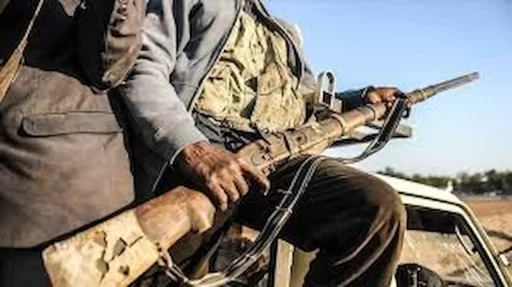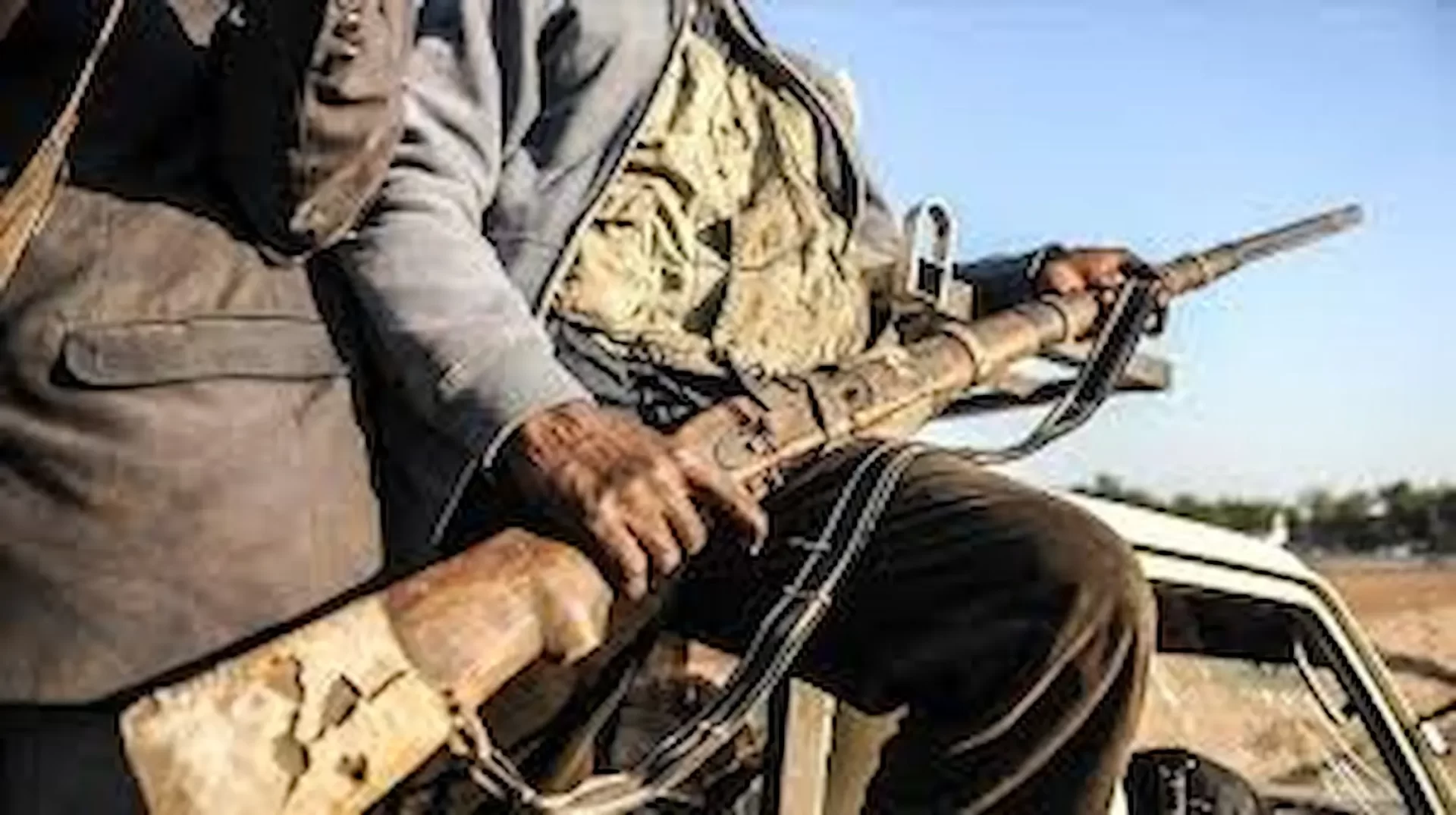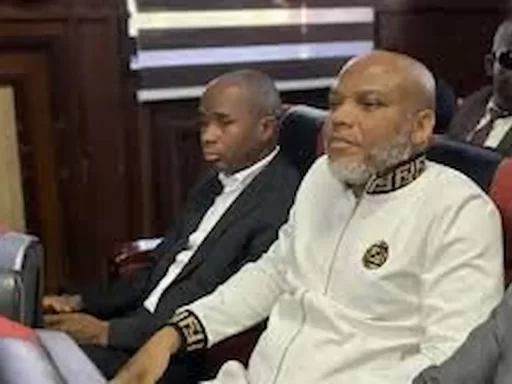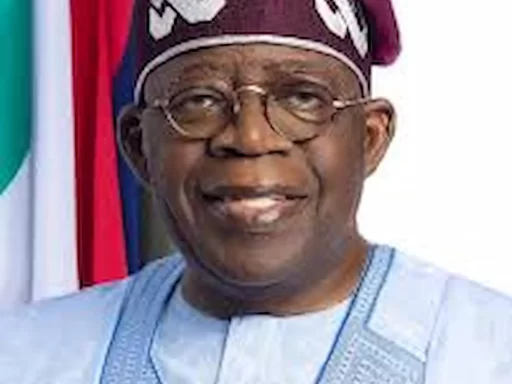Nigeria’s Mounting Security Strains as Soldier’s Death in Ikorodu Raises Fresh Questions
By Naija Enquirer Staff
What began as a routine deployment to calm a disturbance in Ikorodu, Lagos State, ended in tragedy on Monday when a Nigerian soldier was killed at a military checkpoint. The Nigerian Army said the soldier was attempting to manage a chaotic situation in the Imota area when he was violently attacked by a mentally unstable man who struck him with a heavy log. He later died in hospital and was buried according to Islamic rites the same day.
However, another version shared by security sources and circulating across social media claims that the attacker snatched a rifle from the soldier and shot him dead at Agbowa, along the Ikorodu expressway. The police have not responded to requests for clarification.
The conflicting reports have deepened public anxiety as Nigerians confront the growing frequency of violent encounters in which security officers become casualties.
A General Killed in the North-East
Just days before the Ikorodu incident, the Nigerian Army lost a senior officer, Brigadier General M. Uba, in the North-East. The commander had reportedly taken part in a successful joint offensive against insurgents along the Damboa–Biu axis in Borno State. Shortly after confirming to his superiors that he was regrouping with his team, he was intercepted by Islamic State West Africa Province (ISWAP) fighters.
Security sources say his communication may have exposed his coordinates. He was captured alive, interrogated briefly, and executed — a development that has sent shockwaves through military circles, underscoring the danger surrounding ongoing operations in the region.
A Pattern That Refuses to Fade
The deaths, though unrelated in circumstance, reflect a deeper Nigerian challenge: the military is now deeply embedded not only in national security operations but in everyday civil life — with unpredictable outcomes. A weakened and underfunded police force, limited manpower, and long-standing allegations of corruption have forced the army into roles traditionally meant for law enforcement.
This overlap has blurred lines of authority for decades, amplified by historic incidents such as the Odi invasion in 1999, the killings in Zaki-Biam in 2001, and the controversial deployment of soldiers during the #EndSARS protests in 2020, events that continue to shape public perceptions.
Why Soldiers Keep Turning Up at Civilian Flashpoints
Senior military officers argue that soldiers are mandated to intervene when violence risks overwhelming the police. With insurgencies in the North-East, armed groups in the North-West, separatist tensions in the South-East, and unrest tied to unemployment across urban areas, the government repeatedly deploys the army to maintain order.
Yet experts warn that while soldiers may be trained for minimum use of force, they are not built for prolonged interaction with civilians. The risk of excessive or misdirected force remains high, resurfacing each time security crises escalate.
Calls for a New Security Model
Proposals for a specialised security unit similar to the United States National Guard — trained specifically for domestic crises — date back to the Babangida era in 1989 but have never materialised. Without a structured model, deployments remain reactive and improvised, exposing soldiers to unpredictable situations such as the chaotic confrontation that cost the Ikorodu soldier his life.
Analysts insist that Nigeria must rebuild its policing architecture, strengthen oversight mechanisms and establish a legal framework that clearly defines when and how the military should be deployed for civilian purposes. They stress the need to address deeper issues: governance deficits, corruption, poverty and the sense of marginalisation that fuels unrest.
A Nation Searching for Balance
The Army’s statement after the Ikorodu killing expressed sadness and urged vigilance, acknowledging the dangers soldiers face while on internal assignments. Yet the broader reality remains: the military is stretched across too many fronts, the police are weakened and civilians exist between rising violent crime, insurgency and a heavily militarised public space.
As Nigeria mourns the soldier in Ikorodu and the General in Borno, a pressing question grows louder: how can a security system under this much strain protect both citizens and officers? The answer may lie not only in strengthening the armed forces or reforming the police, but in forging a new balance — one that protects rights, preserves order and rebuilds public trust in a nation where security challenges now overlap with everyday life.






